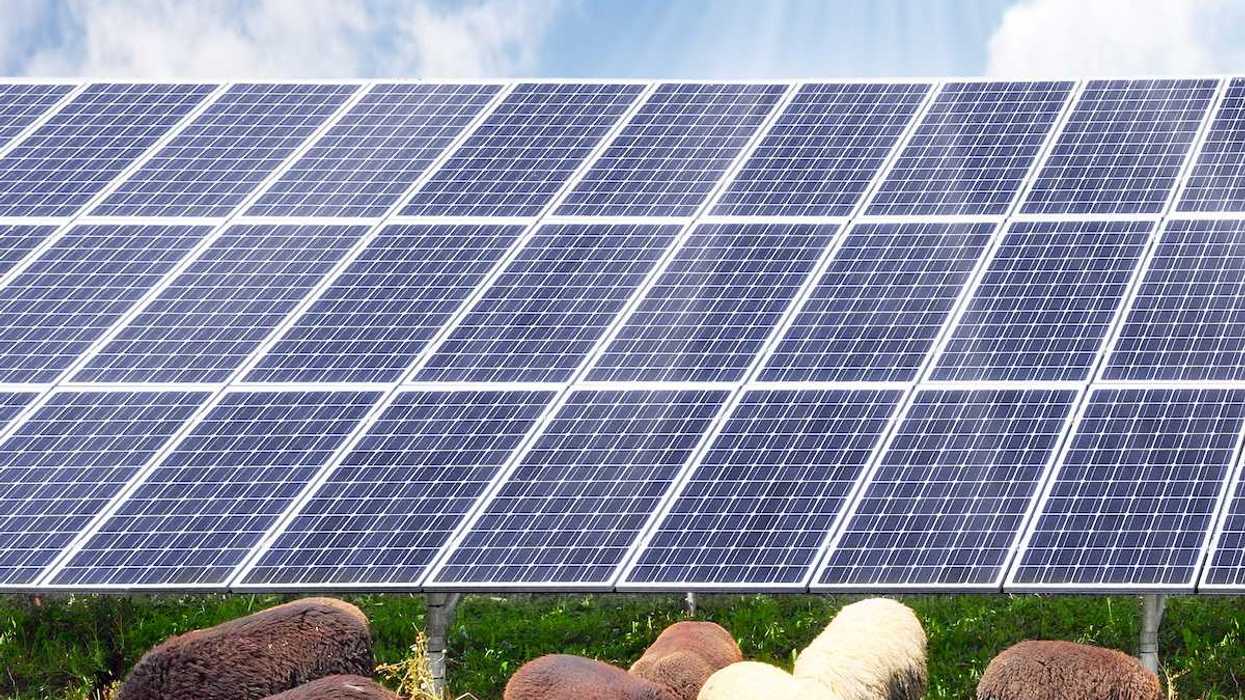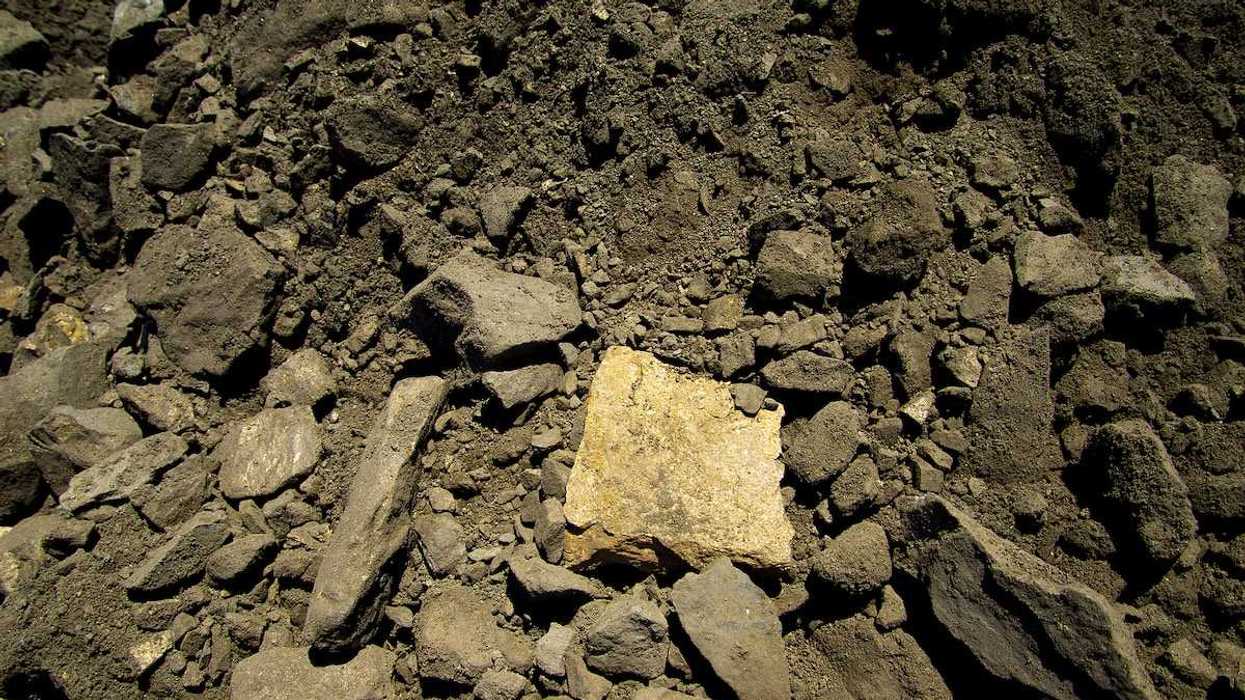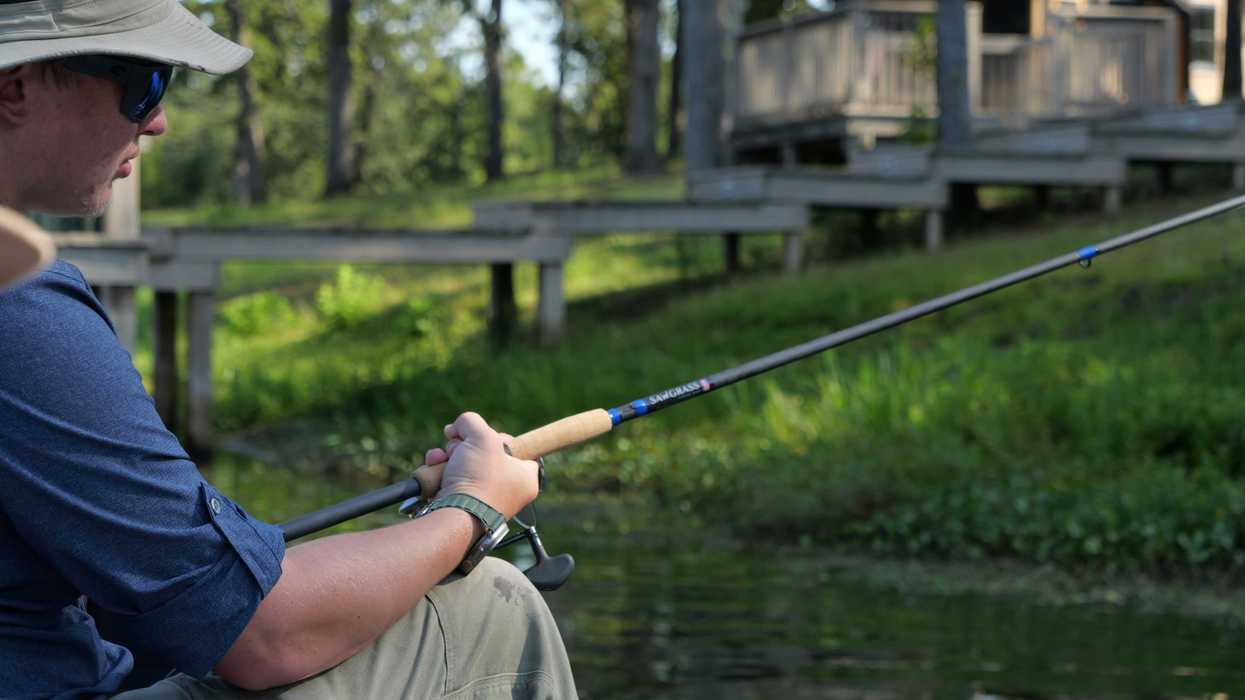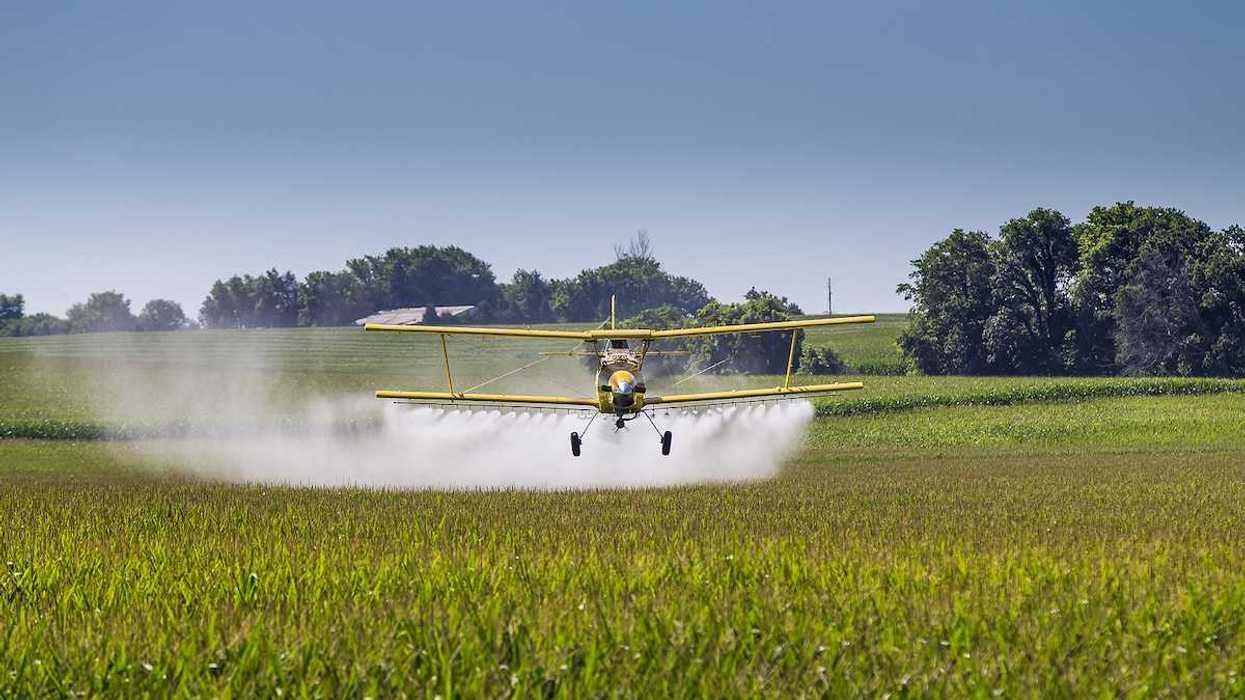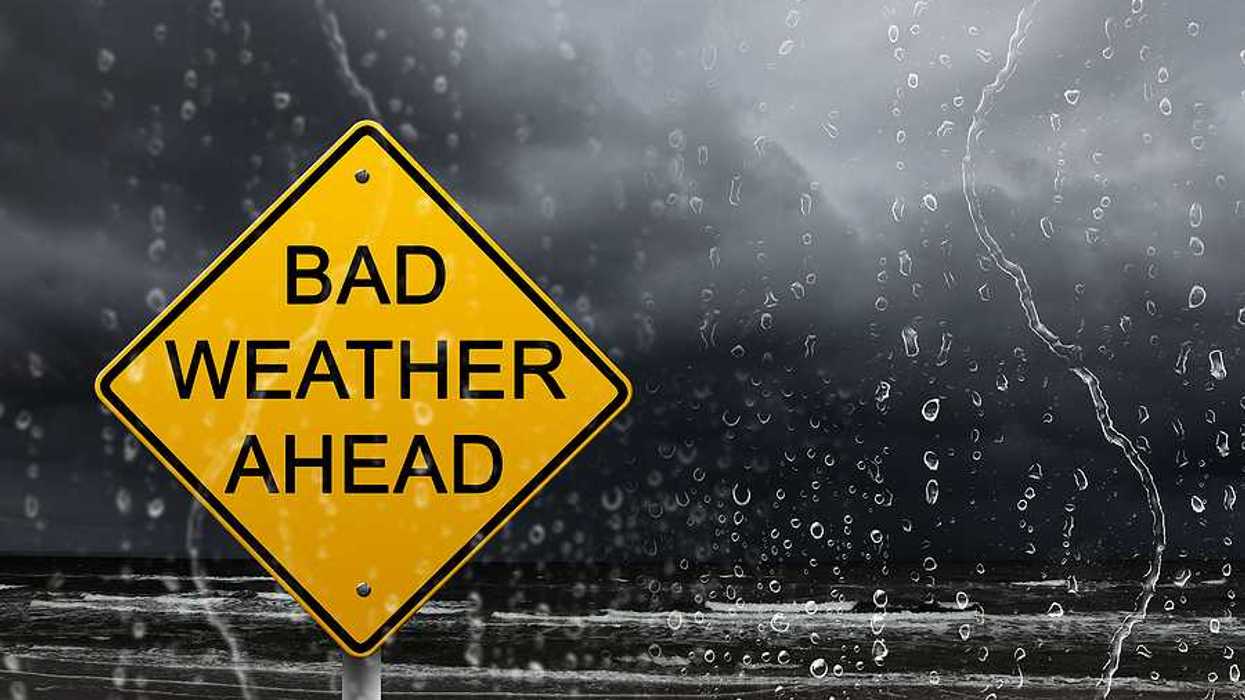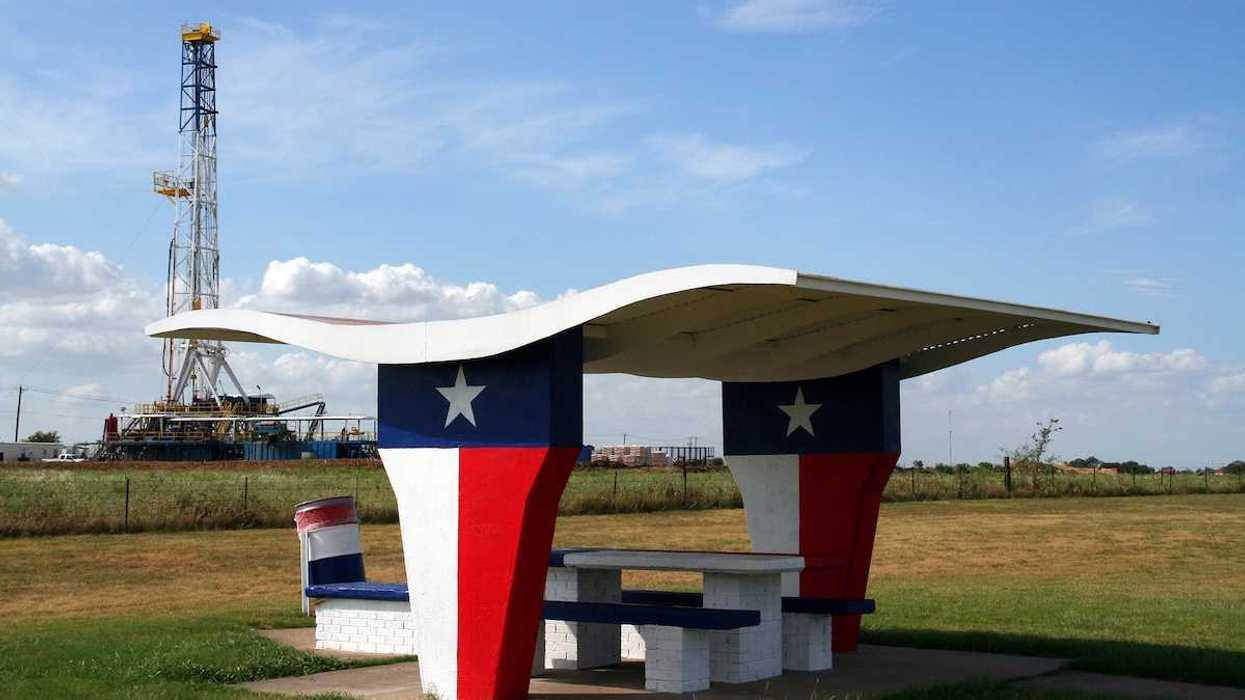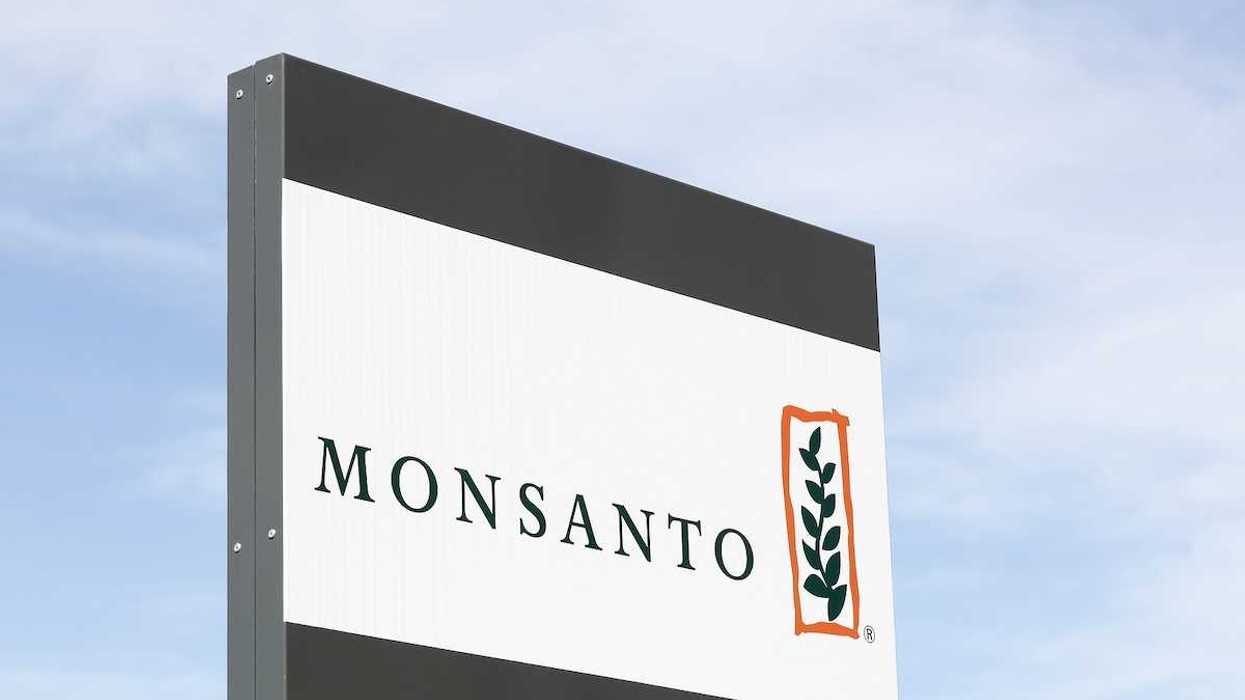A new initiative aims to improve air quality and reduce heat in urban communities of color by increasing tree canopy coverage.
Erin Vivid Riley reports for the BBC.
In short:
- A volunteer group regularly plants trees in NYC's Soundview Park, benefiting local wildlife and the community.
- Research indicates tree planting in areas like NYC's Hunts Point could significantly reduce heat-related deaths and illnesses.
- Minority neighborhoods in the U.S. have significantly less greenery, contributing to higher temperatures and health risks.
Key quote:
"It'll be significantly hotter in one place than the other because of the investment [in green spaces] that one has gotten and the other has not."
— Victoria Sanders, climate and health programs manager at the NYC Environmental Justice Alliance
Why this matters:
Increasing tree cover in cities is especially important because of the "urban heat island" effect, where buildings, roads and other infrastructure absorb and re-emit the sun’s heat more than natural landscapes such as forests and fields. By increasing shade and lowering surface and air temperatures, trees can help mitigate this effect.
Learn more: Tucson's ambitious tree planting goal aims to improve the health of residents, wildlife, and the watershed.





